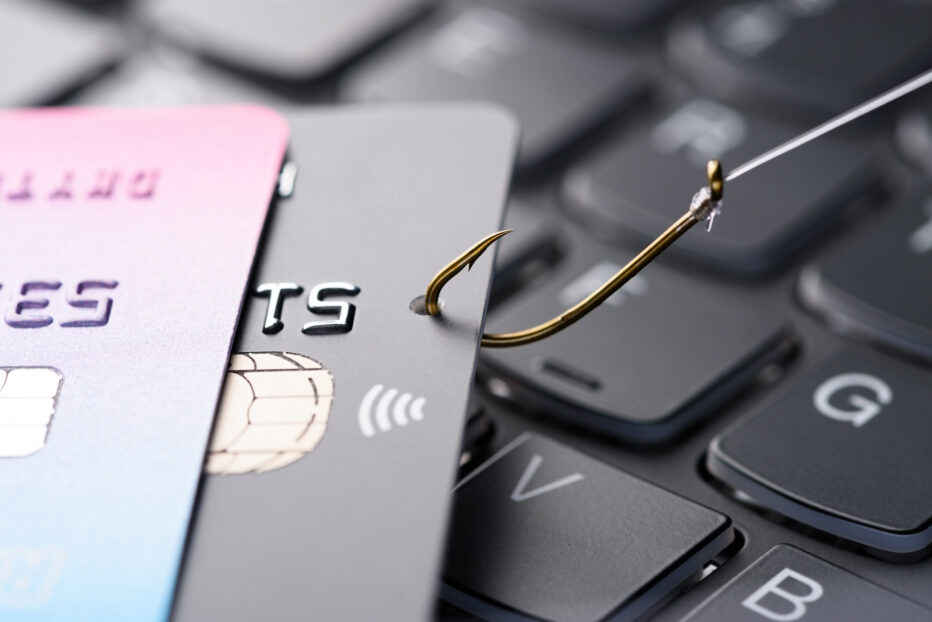YRITTÄJÄ, tule mukaan omiesi pariin! Liity Yrittäjiin.

Nordea warns of summer “escrow scams”
It is worth warning others of phishing. You should hang up if you receive a suspicious call.
The Nordea bank warns customers about phishing and the escrow account scams that have been observed since the spring. This is a new type of fraud which has become widespread during the summer.
In an escrow account scam, there are usually two stages. First, the victim receives a text message directing them to a phishing webpage which asks them for their online banking credentials. Then, the scammer calls the victim, typically pretending to be a bank employee, and advises them to transfer the money to an “escrow account” to be on the safe side.
“The account that the caller is talking about is held by criminals. The victim might be asked to download a remote access program which the criminals can use to access their mobile device,” Sara Helin, an expert in Nordea’s fraud unit, says.
Nordea says a “considerable” number of fraudulent calls have been made in Finnish during the spring and summer. The bank has received a large number of reports about the calls. The number of cases related to phishing phone calls has also multiplied since the first quarter of the year.
Nordea reminds customers that you should never give your online banking user ID to anyone via any messaging app, even if asked to do so by a family member.
You should warn others about phishing attempts and thus prevent other people from falling for a phishing scam. You can tell your friends and family about scam attempts. You can also notify the National Cyber Security Centre and the company the scammers claimed to represent.
Inform quickly
- It pays for organizations to invest in raising awareness of and actively maintaining cyber security. Some effective methods include regular drills and phishing and fraud simulations. Good programs exist for these.
- If a data breach occurs in your organization and fraudulent messages are sent from your hacked accounts, it is important to inform the recipients of those messages as quickly as possible to minimize subsequent data breaches. The same goes for social media breaches, where hacked accounts are used to manufacture scams. So if a scammer manages to get into a hacked account, warn your friends about the possibility of fraudulent messages coming from your account.
- Multi-factor authentication is an excellent way to minimize the risk of a hack, but it does not always prevent it.
Source: National Cyber Security Centre
Check requests for payment
Scammers phish for personal data such as banking codes, card details and PIN codes. Scammers can also pose as people other than bank employees.
Nordea reminds customers that the banks or government agencies will never ask for confidential information by email, text message or over the phone.
“Scammers are constantly attempting to get confidential information by text message and email by posing as organizations like the Tax Administration, Posti, banks, telecom providers, the Suomi.fi website and payment providers like MobilePay,” Sara Helin says.
Finance Finland, a financial sector interest group, says that Finnish residents lost a total of €32 million to online criminals in 2022. This figure only represents scams of which the banks are aware. The largest losses occur precisely through phishing.
“If a phone call begins to feel suspicious, you can always hang up. If you have your doubts about a request for payment you got in a message, you should check with the payer named in the invoice or the person who has provided the instructions with a phone call. You can also check how genuine a contact from a government agency is by contacting them officially,” Helin of Nordea says.
Are you a Suomen Yrittäjät member? Read about member benefits and advantages

Pauli Reinikainen
pauli.reinikainen@yrittajat.fi